Do you tend to get moody or feel low during the winter? Then you just might be experiencing seasonal affective disorder (SAD). Let’s take a closer look at what this condition is and how you can overcome it.
What is seasonal affective disorder (SAD)?
Also known as major depressive disorder (MDD) with seasonal patterns & seasonal depression, SAD is a form of mood disorder where onset occurs due to seasonal changes. People with this mental illness tend to experience normal, healthy moods, thoughts, and emotions throughout the year but become depressed during the winter season every year.
However, the condition may also occur during the summer months as well. But the depressive symptoms typically last only for the specific season and the person can experience normal mental health during the other seasons. When occurring in winter, the condition is known as winter depression, while the summer variant is known as summer depression.
Seasonal affective disorder is a qualifier or subtype of depression and bipolar disorder, according to the Diagnostic and Statistical Manual of Mental Disorders (DSM). A 2016 study explains, “SAD, winter type, is an almost yearly recurrent depression with the onset of symptoms in autumn/winter followed by a spontaneous recovery in spring/summer.”
Related: SAD Season Is Coming: How To Combat The Winter Blues
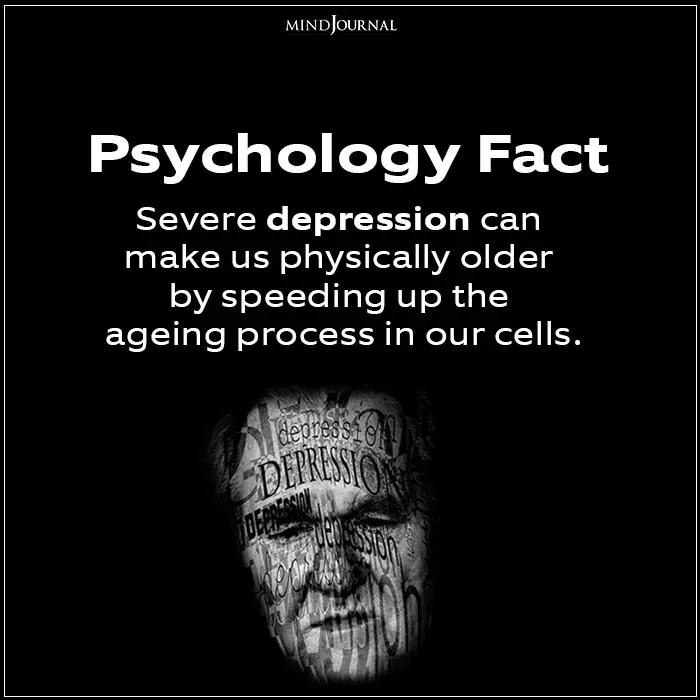
How common is seasonal affective disorder (SAD)?
The condition is observed in about 1-10% of the population and prevalence may be associated with latitude. This mood disorder subset is influenced by a shortage of daylight and hence, it is believed that “prevalence is higher at more northern latitudes.”
Further studies show that 6% of adults in the US, especially in northern climates, are affected by SAD, while an additional 14% of American adults suffer from winter blues, a less intense type of seasonal mood change. However, people from all across the world may suffer from seasonal affective disorder. Moreover, women are at a higher risk of developing SAD than men.
Celebrities with seasonal affective disorder (SAD)
Anyone can struggle with seasonal depression and our beloved celebrities are not immune to this debilitating mental illness. Here are a few celebrities who have suffered from SAD:
- Rosie O’Donnell, American comedian, actress and author
- Natalie Imbruglia, Australian-British singer and actress
- Jillian Barberie, Canadian-born American actress and radio personality
- Barbara Hambly, American novelist and screenwriter
What are the symptoms of seasonal affective disorder (SAD)?
SAD is a form of depression marked by repeated seasonal patterns. Hence, the symptoms of SAD are similar to that of major depressive disorder. The symptoms typically last for 4-5 months and specific symptoms may be observed for both winter depression and summer depression.
Here are some of the common symptoms of SAD:
- Depressed mood almost every day for most of the time
- Feelings of helplessness or hopelessness
- Loss of interest in pleasing activities enjoyed previously
- Feeling guilty, ashamed or worthless
- Changes in appetite and weight
- Trouble sleeping or insomnia
- Low energy or feeling lethargic
- Trouble concentrating
- Feeling irritable and agitated
- Thoughts of self-harm or suicidal behavior
Related: What Is Morning Depression? 10 Common Signs and Treatment
Let us now look at some of the specific symptoms associated with winter-onset SAD and summer-onset SAD –
A. Specific symptoms of winter depression
- Hypersomnia or oversleeping
- Changes in appetite or craving high carbohydrate foods
- Weight gain
- Loss of energy or exhaustion
- Social isolation and withdrawal
- Feelings of loneliness
- Alcohol and substance use
B. Specific symptoms of summer depression
- Loss of appetite
- Difficulty sleeping or insomnia
- Weight loss
- Restlessness or anxiety
- Irritability or agitation
- Aggressive behavior
Regardless of the season, the symptoms may tend to appear mild initially and may get progressively worse as the season advances. However, not everyone with the seasonal affective disorder may experience all the symptoms mentioned above.
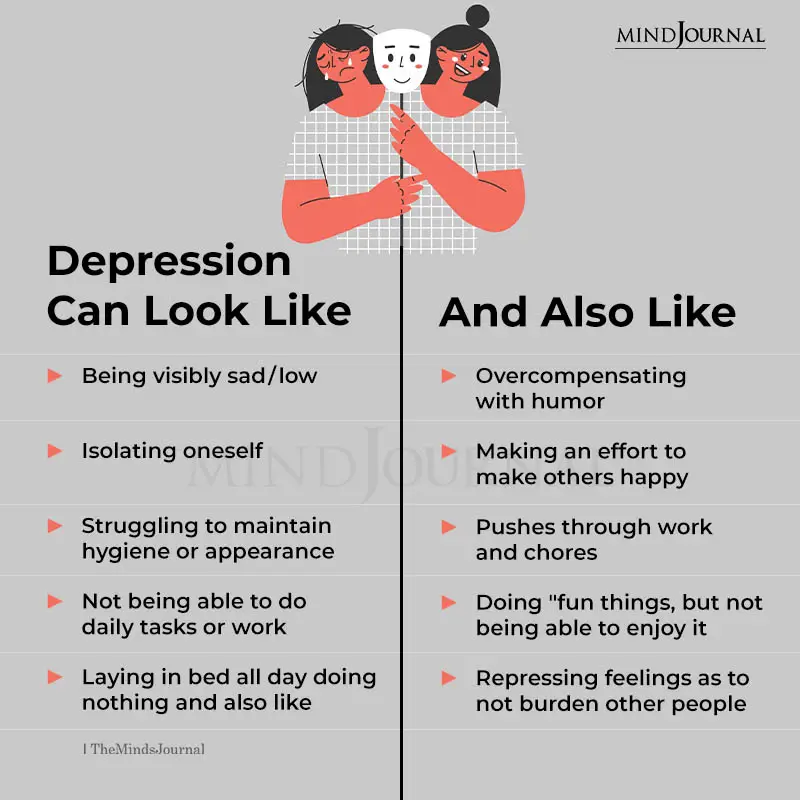
What causes seasonal affective disorder (SAD)?
Research reveals that winter-onset SAD may be caused by changes in seasons and a lack of daylight during the winter months. However, the exact cause of SAD is yet unknown. Regardless, here are a few factors that can influence the onset of seasonal depression –
- Latitude
- Disruption in circadian rhythm or body clock
- Low serotonin levels
- Disruption in melatonin levels
- Vitamin D deficiency
- Stress, anxiety & negative thought patterns
Moreover, family history, co-occurring mental disorders (major depression or bipolar disorder), age and gender can also put someone at risk of developing SAD.
Can you have seasonal depression (SAD) in the summer?
Yes! Seasonal affective disorder (SAD) can develop during the summer months and is known as summer-onset SAD or summer depression. However, it is rare as most people experience winter-pattern SAD. Research shows that people who live near the equator are at a higher risk of developing summer depression as they live in hotter regions.
Related: The 8 Types of Depression: Identifying Signs and Symptoms
When does seasonal affective disorder (SAD) start?
SAD typically occurs at the same time each year, depending on winter-onset or summer-onset seasonal depression. Winter depression generally develops during late fall (autumn) or early winter and goes away naturally in spring or early summer. On the other hand, Summer depression appears during spring or summer and ends in fall (autumn) or early winter.
Does vitamin D help with seasonal depression (SAD)?
Low vitamin D levels, whether due to poor dietary intake or a lack of exposure to the sun, tends to lead to the onset of seasonal affective disorder or SAD. But it is not clear if vitamin D supplementation can be beneficial for overcoming SAD symptoms.
Researchers did not find that vitamin B12 was beneficial for the treatment of seasonal depression. However, one older 1999 study found that as “vitamin D deficiency might play a role in SAD,” dietary supplements of “Vitamin D may be an important treatment for SAD.”
Another 2010 study suggests that “exercising outdoors in the sunshine, eating foods rich in vitamin D, and/or taking dietary supplements to improve vitamin D deficiency could improve one’s mental well-being.” However, further studies are needed to confirm these findings.
Can you have seasonal depression (SAD) and regular depression?
Seasonal affective disorder (SAD) is a form of major depression with seasonal patterns. Although symptoms of SAD tend to disappear as the season changes, some sufferers can experience recurrent depressive episodes along with alternating episodes of normal moods throughout the year. In extreme cases, someone may experience symptoms of major depression before, during or after experiencing seasonal depression.
Related: 5 Crucial Signs Your Mental Health is Falling Apart
How can seasonal affective disorder (SAD) be treated?
Effective SAD disorder treatment can involve multiple medical approaches, such as therapy, medications and light therapy. Although certain symptoms can improve naturally as the season changes, treatment can make recovery faster and more successful. However, a doctor may take different treatment approaches for winter depression and summer depression. SAD treatment typically includes –
1. Light therapy
Also known as phototherapy, this treatment technique involves exposure to a bright light for a certain amount of time every day, if the sufferer is not getting enough exposure to natural sunlight. It is considered as the first-line of treatment for seasonal affective disorder, especially winter-onset SAD due its effectiveness.
2. Psychotherapy
Cognitive-behavioral therapy (CBT) is a form of talk therapy that can also help in the treatment of SAD by changing distorted thought and behavior patterns and improving interpersonal relationships. Cognitive-behavioral therapy & light therapy are “comparably effective for SAD”, explains a 2015 study.
3. Medications
A doctor may prescribe antidepressants for depression and chemical imbalance in the brain, along with psychotherapy and light therapy. Studies suggest that “antidepressants are effective in the treatment of SAD.”
4. Exposure to natural sunlight
A healthcare professional may also recommend that you spend some time outdoors or get some exposure to sunlight by sitting near a window to absorb more vitamin D and relieve common SAD symptoms.
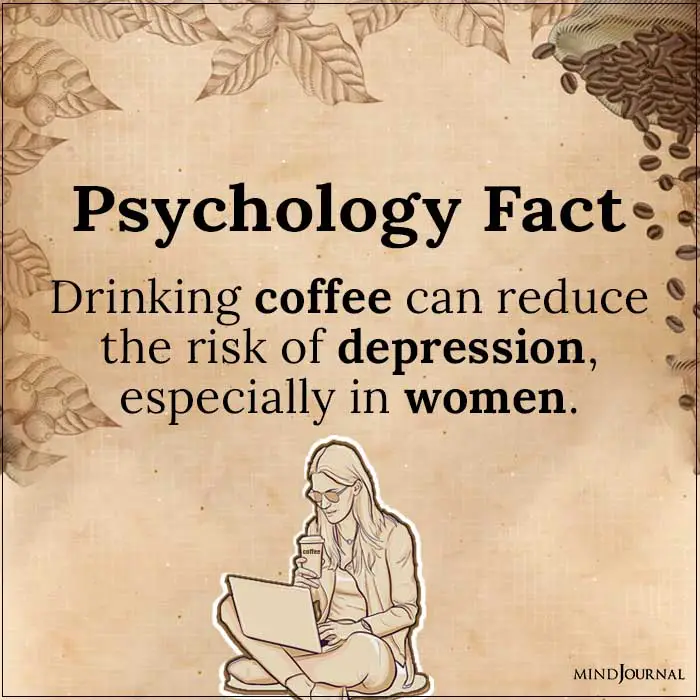
What is the best antidepressant for seasonal affective disorder (SAD)?
Selective serotonin reuptake inhibitors (SSRIs) have been found to be significantly helpful in the treatment of SAD by controlling serotonin levels. One 2011 study has found that second-generation antidepressants (SGAs) like fluoxetine, can be as effective as light therapy in treating seasonal depression. Another 2019 study reveals that “bupropion XL is an effective intervention for prevention of recurrence of SAD.”
Related: 6 Antidepressant Medication Myths Debunked To Help Make Meaningful Choices
How to help someone with seasonal depression?
Here are a few ways to help someone struggling with seasonal affective disorder (SAD):
- Talk to them openly and listen without judgment
- Encourage them to seek help and talk to a doctor or mental health professional
- Make sure they stick to the treatment plan, attend therapy sessions and take medications as prescribed
- Help them practice self-love and self-care by eating nutritious food, getting enough sleep and exercising regularly
- Ask them to learn & practice stress management and relaxation techniques, like deep breathing, meditation, yoga, massage, journaling etc
- Make sure they do not isolate themselves, withdraw socially or feel lonely
- Encourage them to avoid drugs and alcohol
- Help them set small, practical and attainable goals towards recovery
- Ask them to be patient and help them develop a positive mindset as recovery may take some time
- Encourage them to pursue interests and hobbies and do things they enjoyed previously
- Make plans for crisis and keep all emergency contacts handy
- Look after your own mental and physical well-being
- Seek support by talking to friends, family and loved ones
Related: What To Do If You Are Depressed: A 15-Step Guide
Seek help to overcome seasonal depression
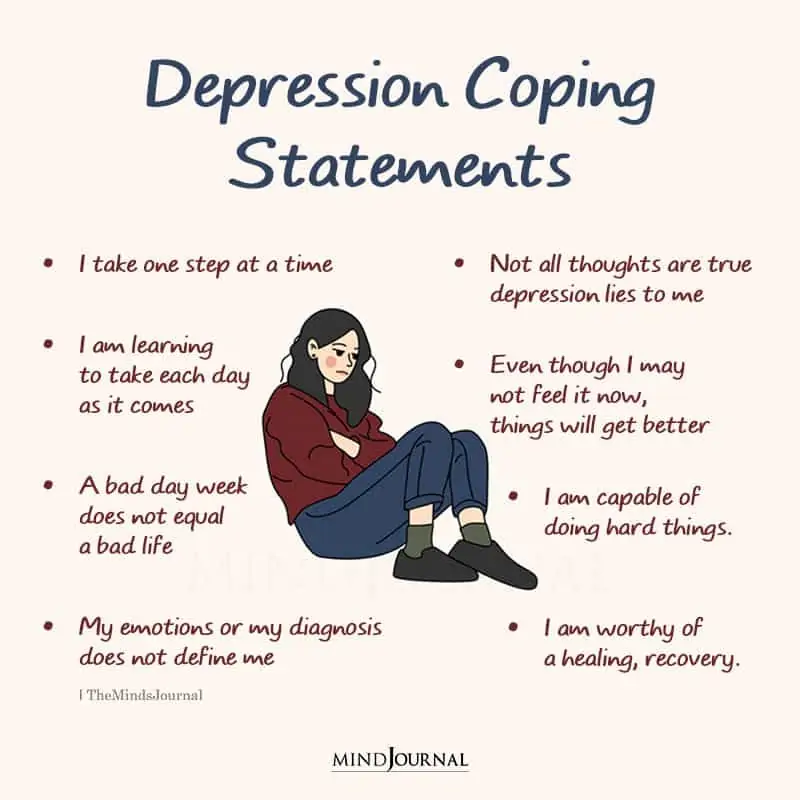
If you think your symptoms of seasonal affective disorder (SAD) are getting progressively worse, then make sure to talk to a loved one and seek medical support. Consulting a trained medical professional can help you get a proper diagnosis and effective treatment leading to full recovery. In case you or a loved one with SAD is having thoughts about self-harm or suicide, seek immediate medical help.
The seasonal disorder is a form of major depressive disorder and can be fully treated with medical treatment and with the changing of seasons. The self-help techniques mentioned above can also be helpful in managing SAD symptoms as well.
Related: Are You Depressed But Only You Know It? 5 Steps To Unmask Depression
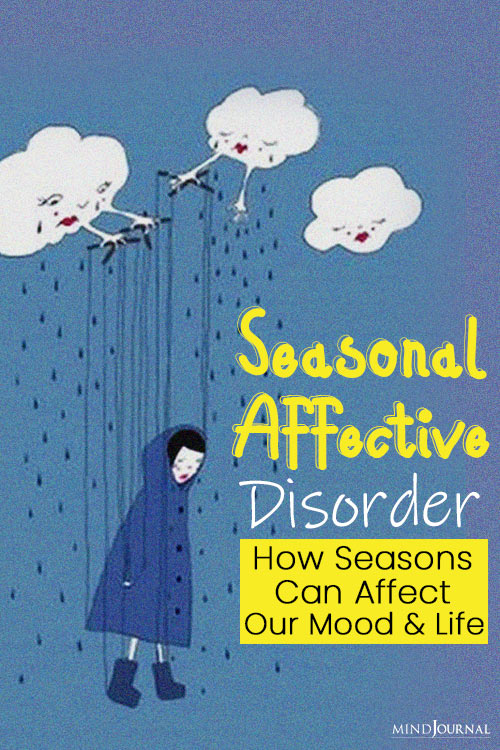
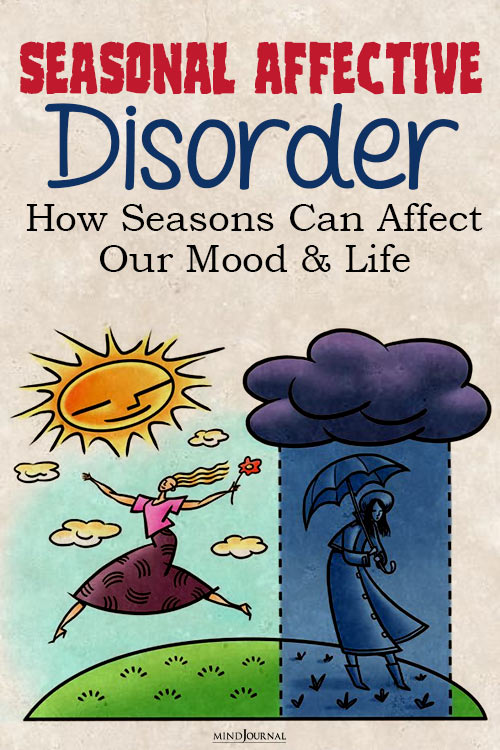






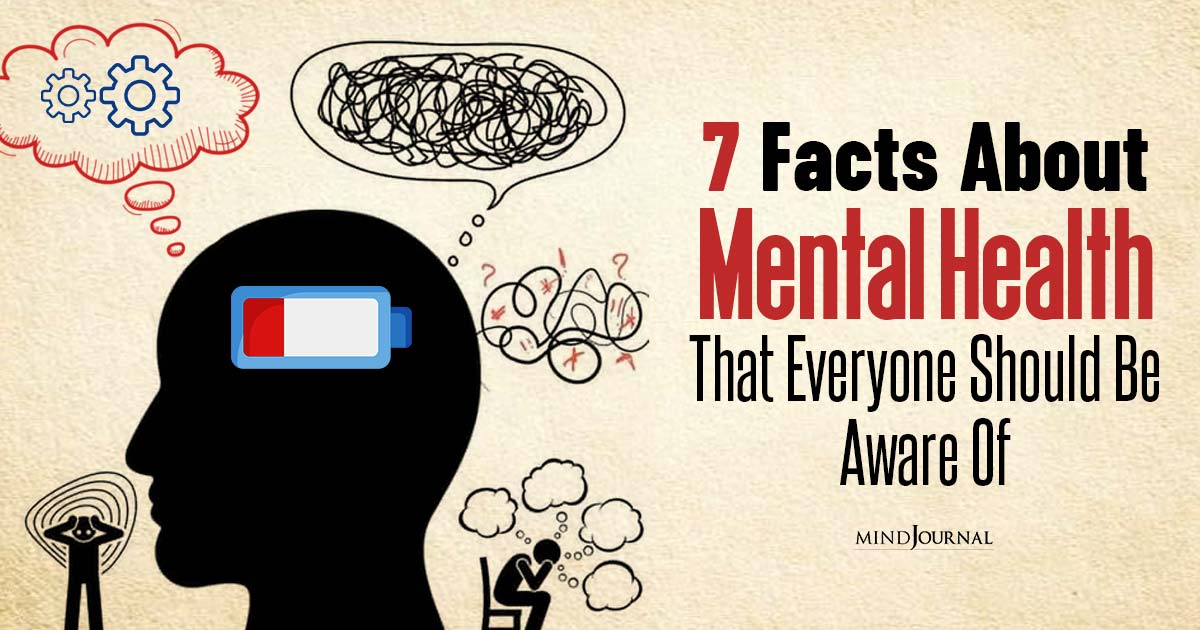

Leave a Reply
You must be logged in to post a comment.